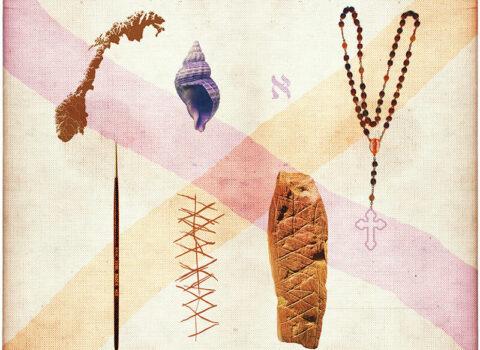Enthusiasm is suspicious. Or so a critic sometimes feels.
Ruth Franklin, writing in the New Republic a few years ago about David Mitchell’s Black Swan Green, expressed some discomfort over expressing the extremity of her appreciation for Mitchell’s work. Franklin bemoaned our staggeringly, achingly, stunningly, heart-stoppingly annoying contemporary tendency to blubber praise unto meaninglessness. As such, since every latest minted thing is now sold as the very greatest thing, when one does encounter a work of art for which one has unusually strong feelings, one feels at once exhilarated by the prospect of getting to trumpet the goodness of the new, and at a loss as to how one might go about distinguishing one’s real enthusiasm from all the mindlessly manufactured enthusiasm out there.
In the past, my answer has been to sit down and write five-thousand words that attempt to particularize my feelings, to corroborate my exhilaration with (for example) proof. When I wrote about the stories of Edward P. Jones for this magazine, I did so in a mode of admiration, and with a desire to point out the particulars of what I admired. I have received a fair number of letters about that piece from readers who, convinced by my focused enthusiasm, then went on to read Jones.
I also received, though, a few letters about the Jones piece that wondered why I wasted my time writing so approvingly of his work. It was not that they did or did not agree that he was or was not worth reading. Rather, they just found my enthusiasm suspicious. Surely I didn’t really like him that much? Surely I was just avoiding making an argument that would have shown my enthusiasm to be more complicated than mere appreciation? Surely I was hiding something?
“Nice day, isn’t it?” is a sentence we would more often than not mean literally, but which, owing to the fantastic capacity of the human animal to misunderstand almost anything, to some ears will sound like “Die a painful death.” Anyway, at some point soon, I hope to have the chance to write another five thousand easily misunderstood words of particularizing praise about John Haskell. If you don’t know, and the odds are you don’t, he writes short stories and, thus far, one novel.
Over the weekend I read the novel, American Purgatorio, and was left feeling like I need to sit with Ruth Franklin and keen a little. It’s the ____ novel I’ve read in _____. Upon finishing it, I went online and sent it to a few friends. If you should find yourself with an afternoon later this month open to the exertions of reading fiction, you might think to fit its 239 pages between lunch and dinner.































































































